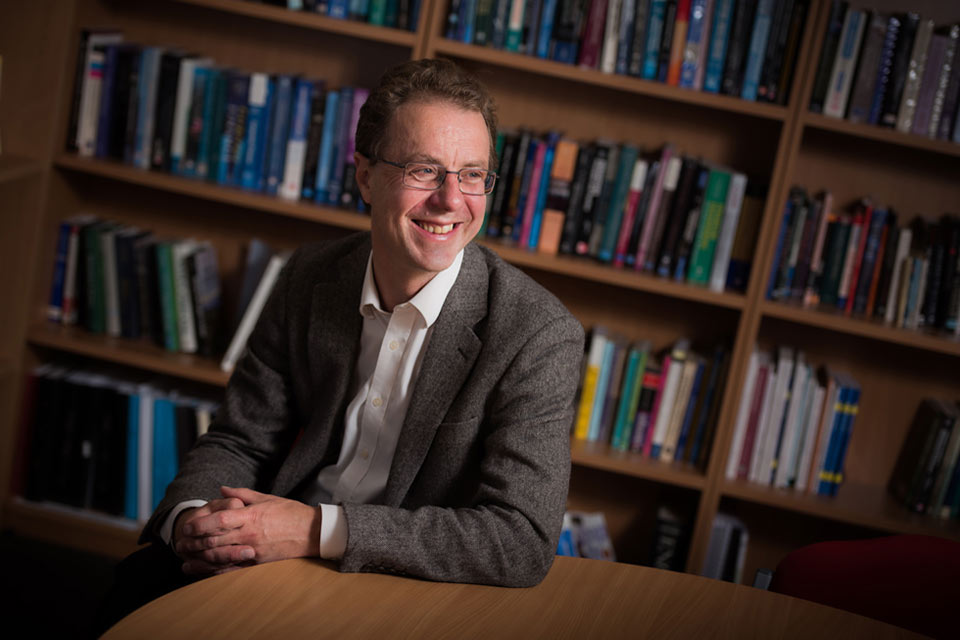Professor Mark Freeman, York Management School
Investing Against Disaster
KMS Distinguished Academic Lecture

Societies face a range of potential disasters, including “tipping point” climate change, nuclear war, major terrorist incidents, and pandemics. These are all, at least in part, potentially preventable through governmental action. Yet, while there is general support for mitigative action in principle, there are also concerns about the associated costs. For example, while the Department of Business, Energy & Industrial Strategy’s public attitude tracker shows strong support for renewable energy, almost a quarter of households simultaneously worry about their energy costs. Amber Rudd, then energy secretary, talked in 2015 of "the need to decarbonise with the need to keep bills as low as possible". Similarly, the costs of certain elements of the Prevent counter-extremism strategy have come under scrutiny when compared against the known benefits that this programme has made to reducing the threat of terrorism.
Management Schools have expertise that can help governments decide, at a time of severe financial constraints both within households and to the public purse, how to prioritise different projects that aim to make the world a safer place. This talk will review the literature that links the cost-benefit analysis of such projects with techniques that are more commonly applied to the pricing of equities and bonds. It will also discuss the different ethical positions that experts in the field take on matters of intergenerational equity and how this influences policy choices.
Even when there is considerable accord on the scale of the underlying threat, differences in financial, economic and philosophical positions often lead to expert disagreement over optimal policy choices. The talk will conclude by considering how governments might make decisions when faced with such conflicting expert advice.
Biography
Mark Freeman is Dean at The York Management School and also a Professor of Finance. He is interested in intergenerational finance. His work has a range of applications in the cost-benefit analysis of climate change mitigation, investment in infrastructure and other long-lived projects, and asset allocation decisions for long-term investors. He has provided guidance to HM Treasury, the UK Home Office, the Ministry of Finance (Netherlands), the UK Office for National Statistics, the Financial Conduct Authority, the World Bank, the Institute and Faculty of Actuaries, and the OECD.
As well as working with Management School academics, Mark has co-authored with colleagues from atmospheric sciences; psychology; environmental, health & political economics; and environmental policy. This interdisciplinary approach has led to publications in economics (American Economic Review Papers & Proceedings; American Economic Journal: Economic Policy; the Economic Journal; Journal of Environmental Economics & Management) and interdisciplinary sciences (Philosophical Transactions of the Royal Society, Global and Planetary Change) as well as accounting & finance.
Mark has previously worked at the Universities of Loughborough, Bradford, Exeter and Warwick. He has also held visiting positions in the United States and Australia. He started his career as a stockbroker in the City of London.
- Event date
- Event Time
- 2:00PM
- Location
- Darwin Lecture Theatre, DW0.28
- Organiser
- Professor Mihaela Kelemen
- Contact email
- m.l.kelemen@keele.ac.uk
- Contact telephone
- 01782 734298

